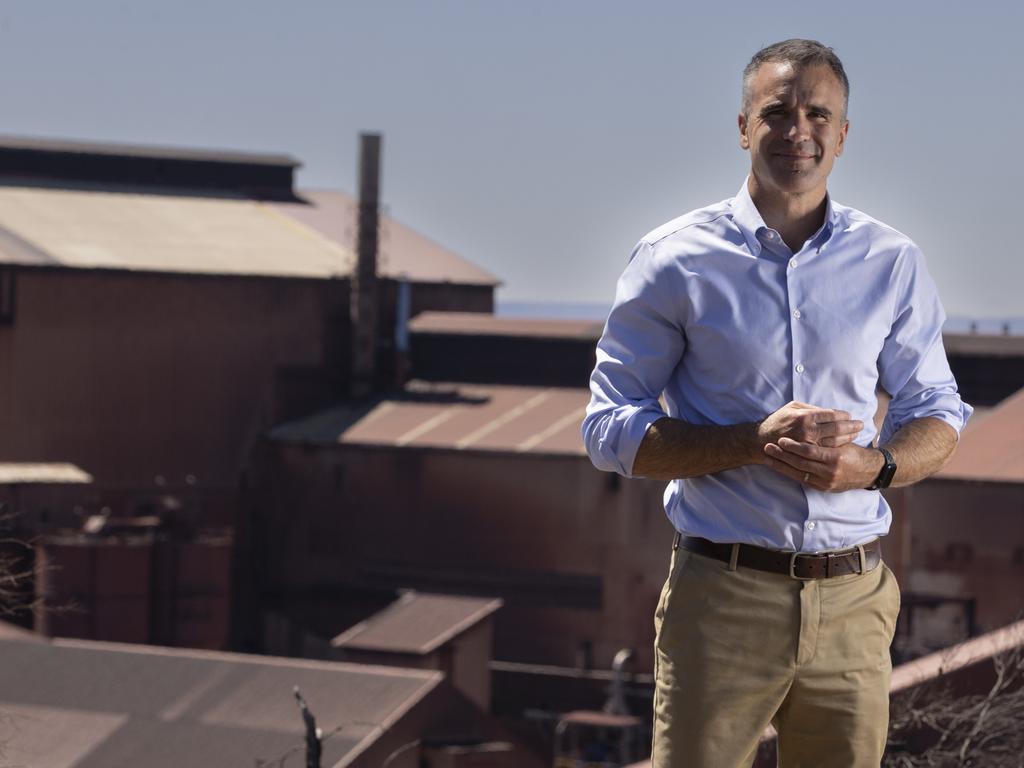
Back in 2000, the then BHP boss John Prescott had the choice between shutting either Newcastle or Whyalla and he chose the former, knowing the city could regenerate, as it has, and the politics around a closure in South Australia were deemed too big.
The same issues surround the now 80-year-old steel mill today as it enters state government-led administration.
BHP chose the site because it was close to high-quality iron ore, but that was before the Pilbara was developed in Western Australia and became the most efficient producer.
Whyalla is a long way from scrap supplies which are necessary to run the proposed electric arc furnace (EAF) mills and then a long way from its final market.
In the early days, Whyalla shipped steel to Newcastle to process and today Sanjeev Gupta’s InfraBuild is a big buyer of its steel billets, arguably at inflated prices.
That is the same Gupta who was shut out of Whyalla by the state government in a decision which will affect sentiment globally.
In short, if you were going to start a steel mill today you wouldn’t choose Whyalla for either the traditional blast furnace or an EAF.
EAF is desirable for low-emission steel, producing at a fraction of the carbon output, and even better if the electricity is renewable.
The most logical Australian buyer for the mill is BlueScope, but it would face ACCC issues given the additional capacity, even in different lines of steel, which would undoubtedly boost its market power.
The company would seek clearance under public benefit grounds, which is another way of saying political grounds, and at the end of the day would squeeze past the approval process.
The concept of building a new electric arc furnace steel mill in Whyalla is a moonshot, according to everyone contacted in the steel trade – it would make precious little commercial sense because of its distance from scrap supplies and final user markets.
If you were going to build a new EAF plant the best location would be on BlueScope’s surplus land at Port Kembla and if he was not running it, BlueScope boss Mark Vassella would be happy to make the land available at the right price.
The Iron Knob iron ore near Whyalla is high quality but would need to be processed for use under EAF and the plant would set you back up to $2bn.
There are three separate plants around Australia planning to use EAF to produce steel reinforcing bar sold by InfraBuild and others but no one is proposing to supply so-called long product structural steel. InfraBuild has relied heavily on Australian Dumping Commission support by imposing tariffs on imported steel from China, Vietnam, Korea and other markets.
At a time when concerns are raised about a rush of surplus Chinese steel on the Australian market, these dumping duties have already set up a barrier by imposing values by which imports can be measured and hit with duties if they are too cheap.
The politicians have done their bit by showing their concern but constructive efforts to help Whyalla are best aimed at finding alternate industries based in the city.






In stark contrast to South Australian claims, Whyalla politics alone are what is keeping the steel mill alive, not commercial reality.